Using bispecific antibodies to advance cancer immunotherapy
pharmaphorum
NOVEMBER 2, 2021
In 2019, there were 57 bsAb candidates in clinical trials, against both haematological and solid tumours. They eliminate the need to extract T cells for manipulation, expanding the accessibility of immuno-oncology to patients and clinical areas currently unmet by cell-based therapies, such as CAR T-cell treatments.

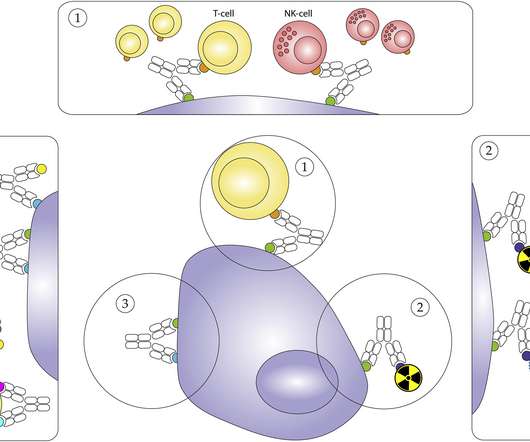
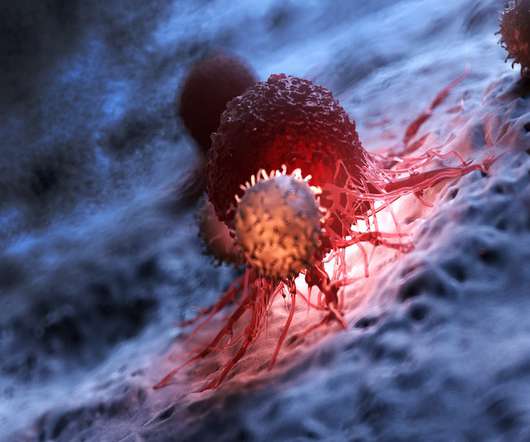
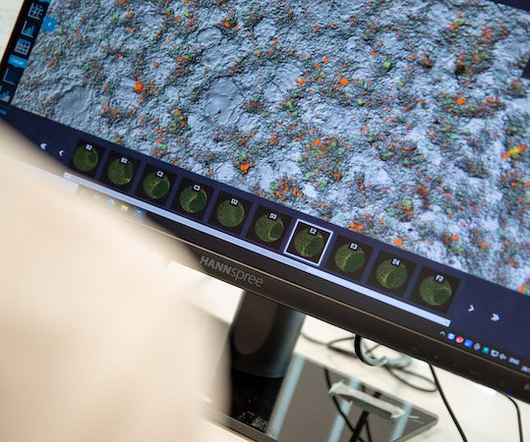
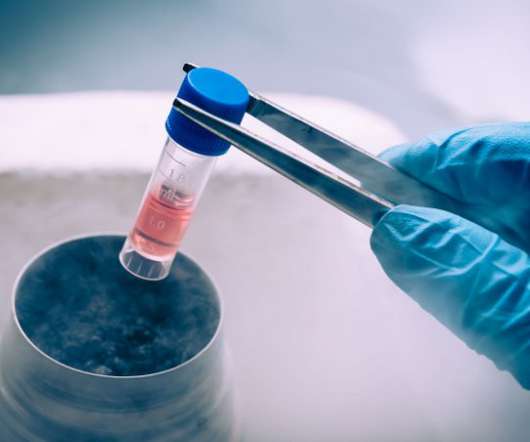
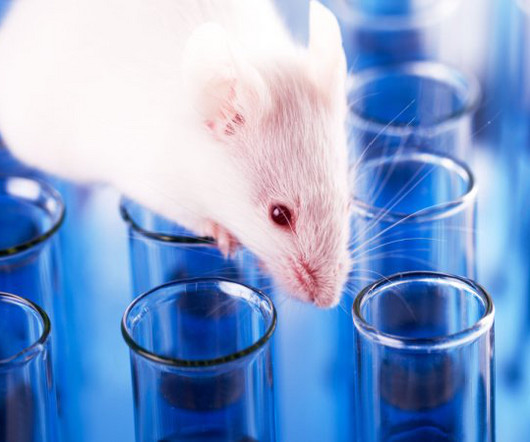







Let's personalize your content